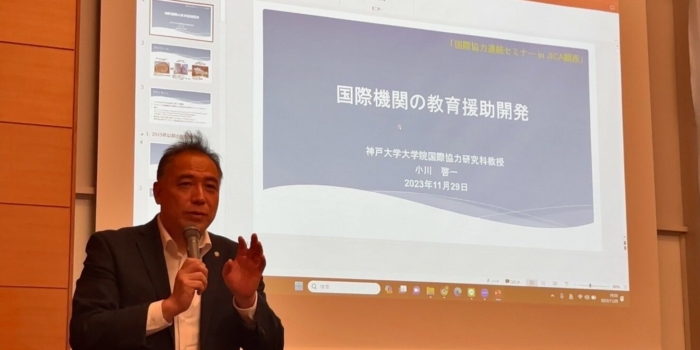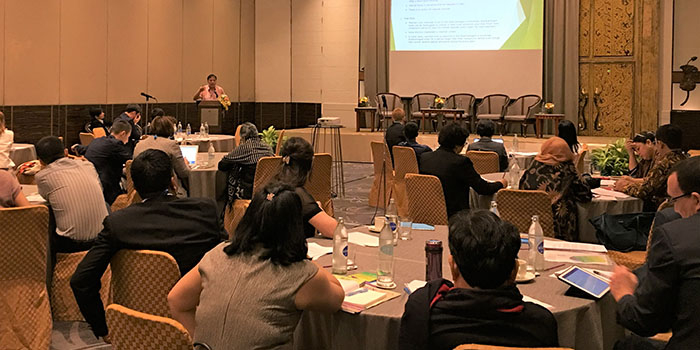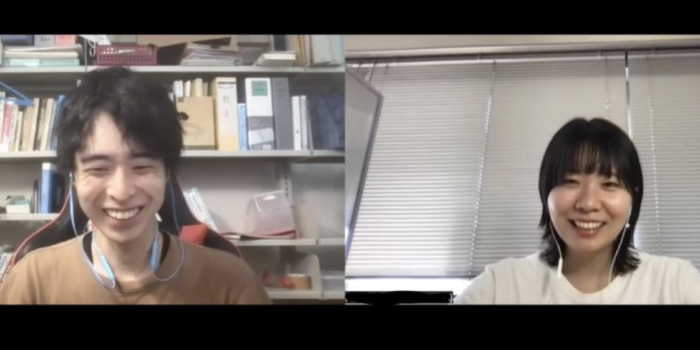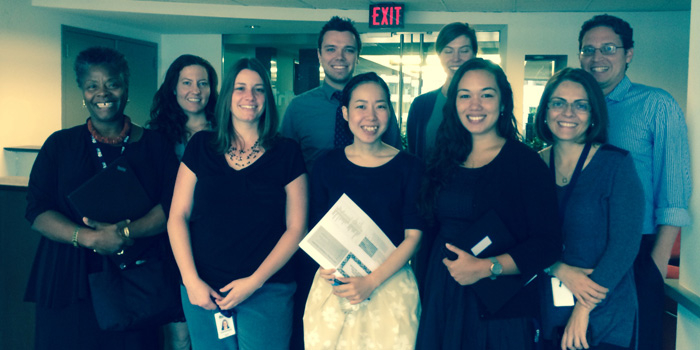On November 29, 2023, Professor Keiichi Ogawa was invited to speak at the International Cooperation Seminar organized by JICA Kansai, addressing the topic of “International Organizations’ Educational Aid Development at the JICA Kansai office.”
Firstly, Professor Ogawa discussed the trends in educational aid before 2015 and the recent challenges. He specifically illustrated the flow of educational aid from EFA and MDGs to SDGs. While access to education has generally been achieved through MDGs, he mentioned the emerging issue of the “learning crisis.”
Secondly, Professor Ogawa highlighted the different approaches to educational challenges taken by UNESCO, UNICEF, and the World Bank. UNESCO focuses on addressing educational issues from a policy perspective, conducting cost simulations for education and organizing workshops to implement them. UNICEF, on the other hand, engages in on-the-ground activities to protect children’s rights, such as the establishment of mother community projects in Nigeria. The World Bank, functioning not only as a lending institution but also as a knowledge bank, emphasizes knowledge creation through research. Examples included the development of national policies and capacity building for pre-primary education, involving both financial and technical assistance.
Finally, Professor Ogawa explained, from the perspective of educational economics, how aid to developing countries should be approached in the future. Emphasizing evidence-based assistance, he outlined four approaches: 1) support based on education rate of return analysis, 2) support through analysis of education and the labor market, 3) support through cost-effectiveness analysis of education projects, and 4) support through cost-benefit analysis. He underscored the importance of utilizing limited resources efficiently and equitably.
The lecture provided a valuable opportunity for students and citizens interested in development aid by international organizations to gain a renewed understanding of the current situation and challenges in education in developing countries.
Furthermore, the audience for the lecture was diverse, including international organization staff from the World Bank Tokyo Office, students, and individuals of various age groups. The post-lecture discussion saw lively debates, and there was subsequent interaction between the World Bank Special Representative in Japan, Yasuaki Yoneyama, and students from the seminar.
More information in JICA News
Authored by Ryosuke Sueda (M1 student)
Related






